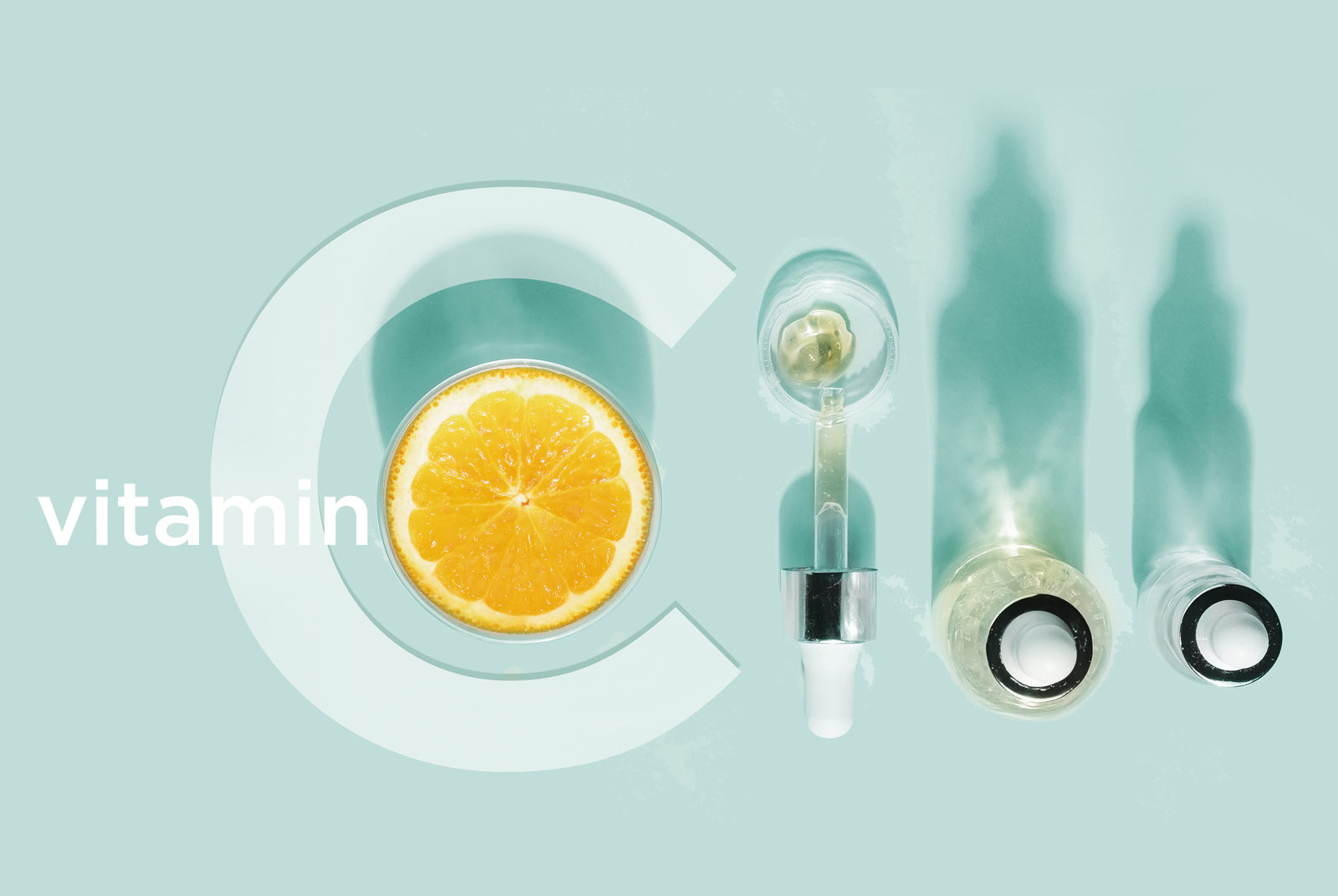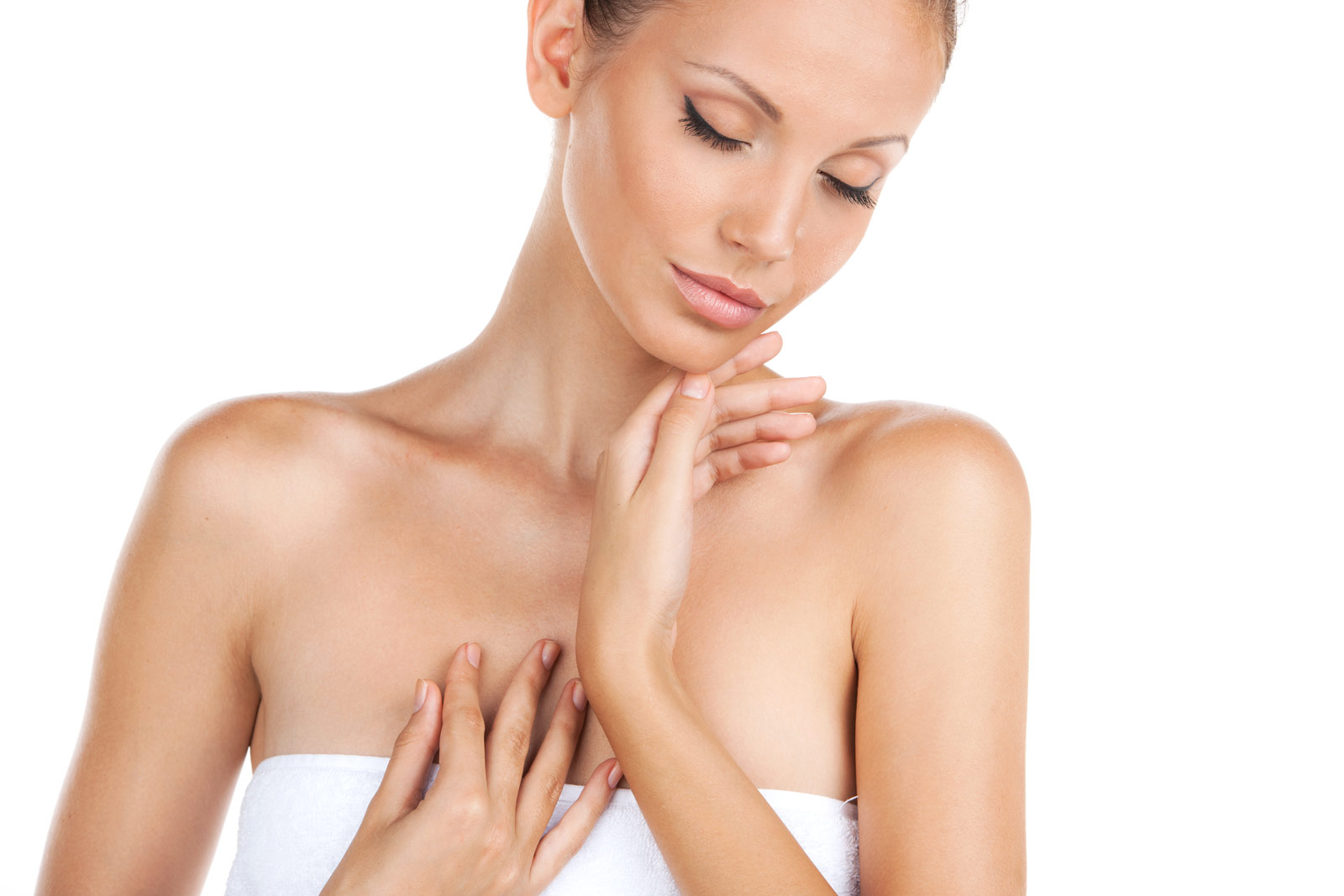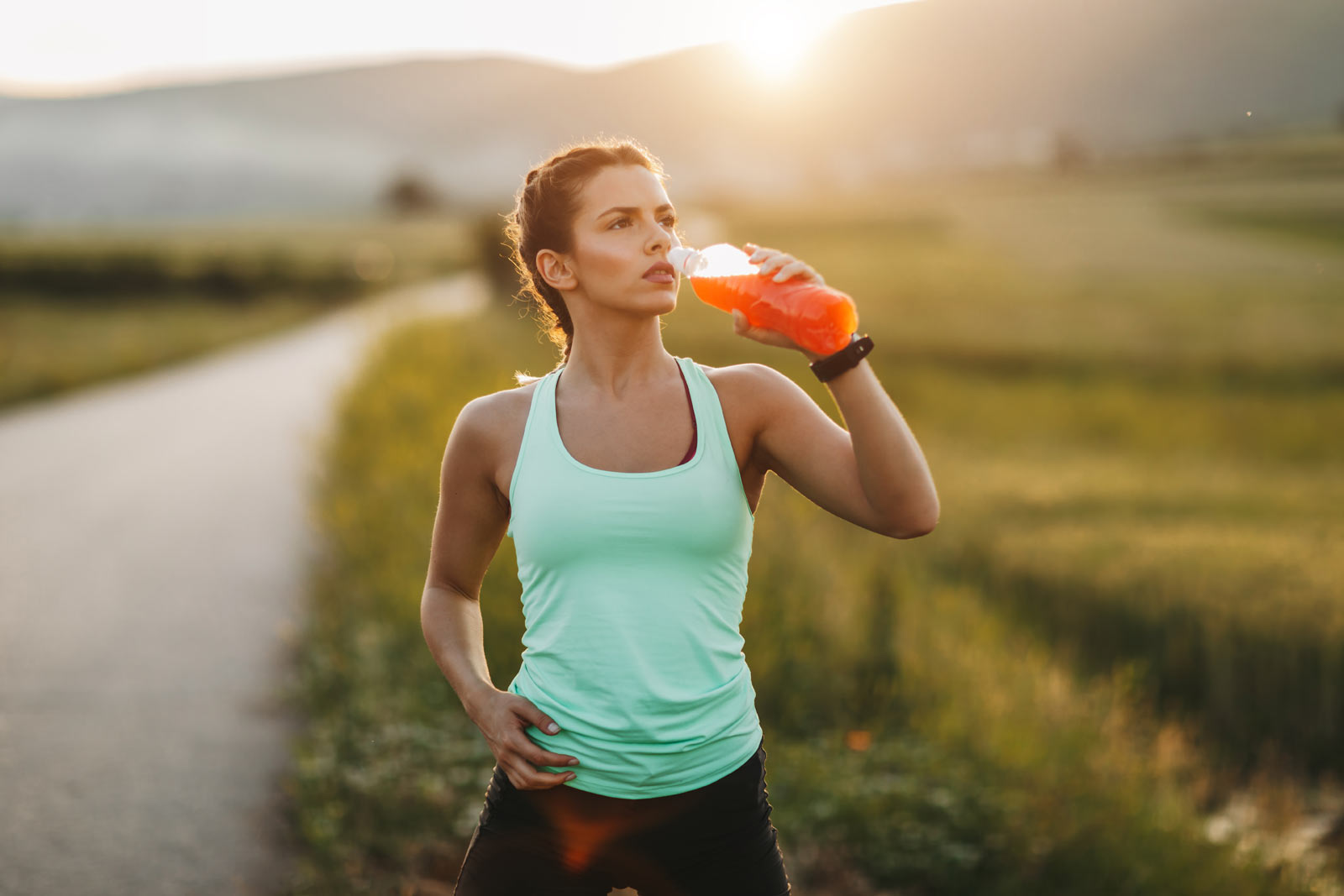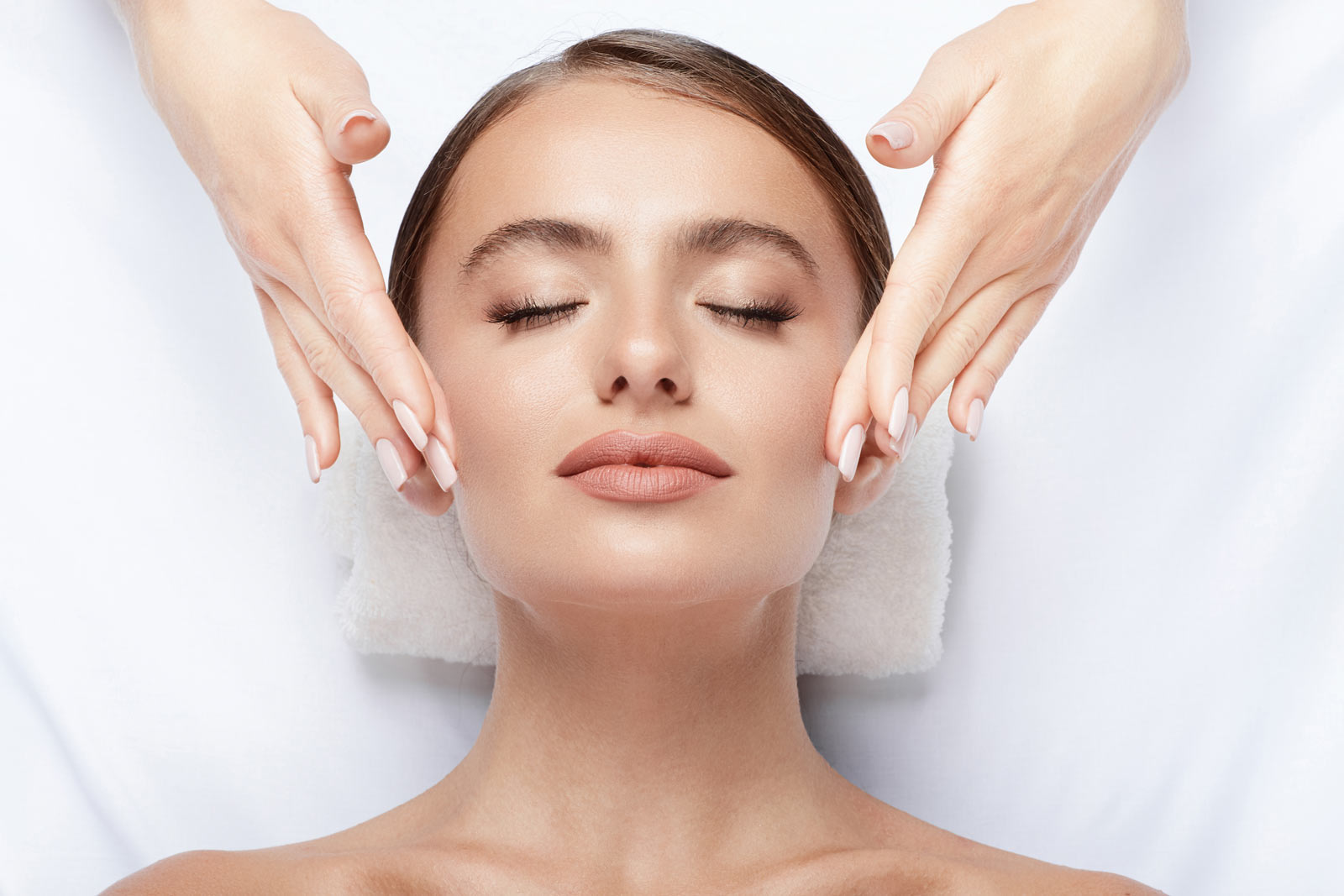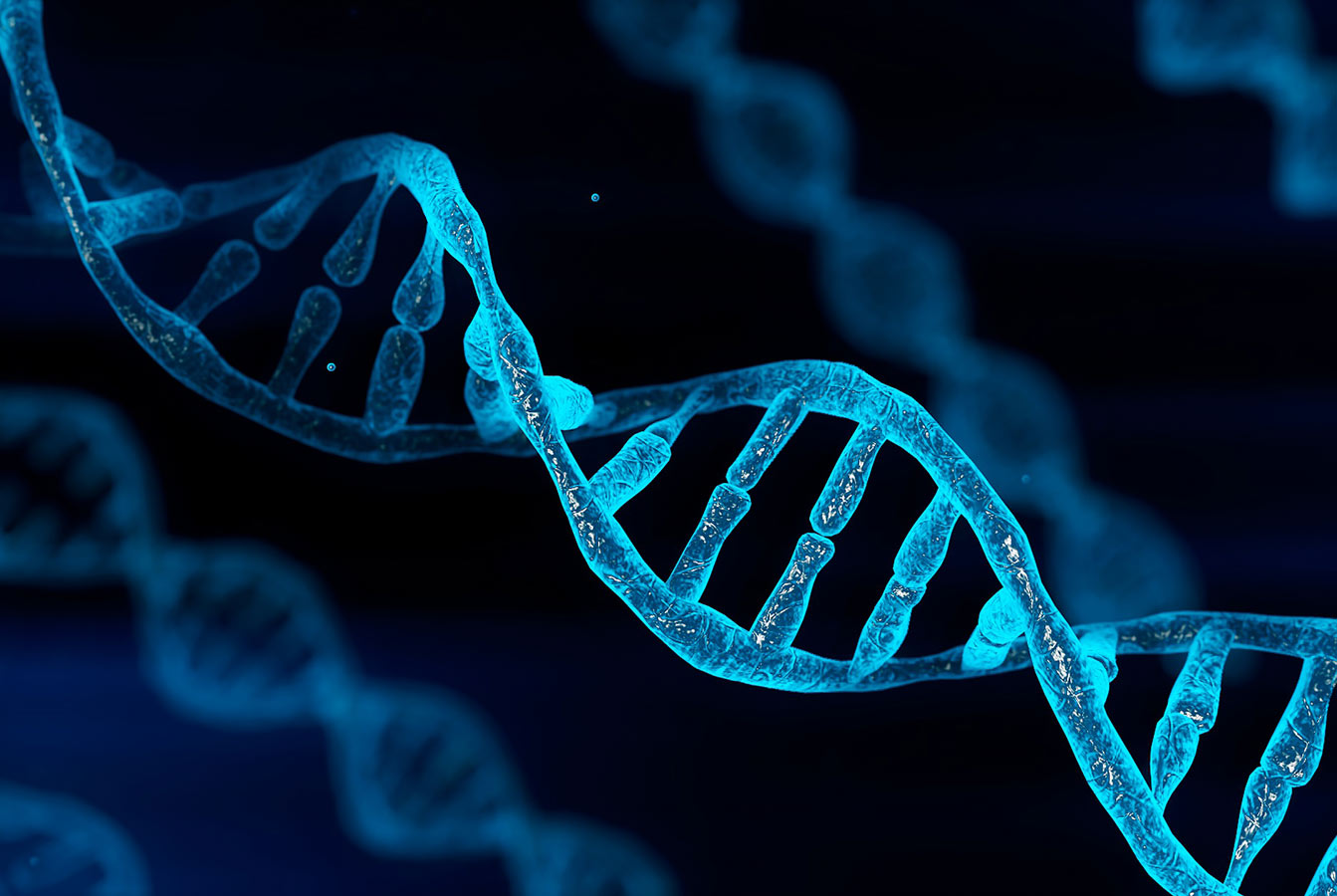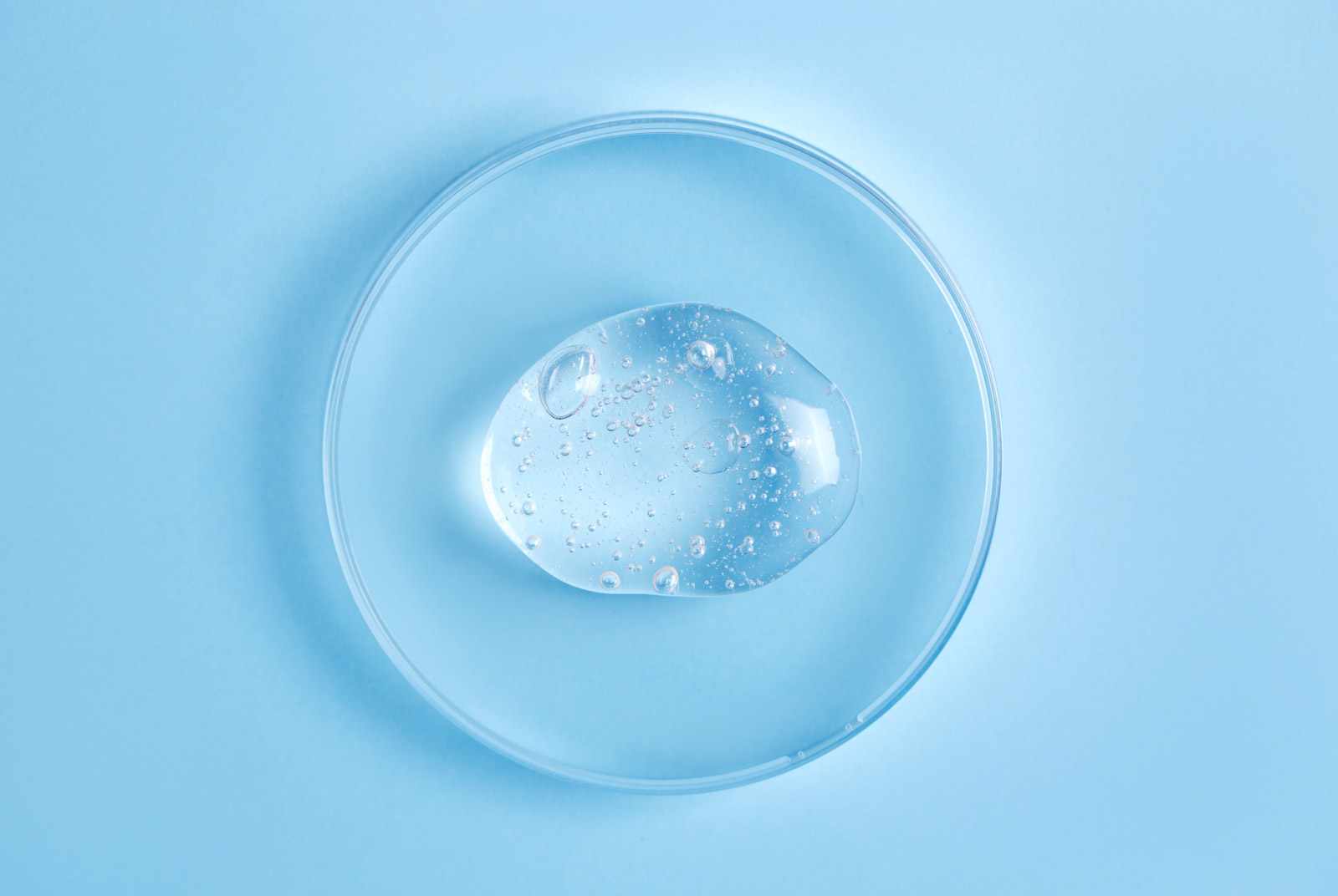
Joint pain and discomfort can be debilitating for many and reducing pain as well as repairing joints is often a priority to help ease the symptoms day-to-day. After all, pain caused by Osteoarthritis, where the cartilage breaks down, grinding down the joints as the bones rub together, is certainly uncomfortable. Until around the age of 30, this cartilage regenerates quickly but after this age, this process slows down, so the cartilage layer becomes thinner between the joints. Furthermore, strenuous high impact exercising, excess weight and even a sedentary lifestyle exacerbate this degeneration.
Replacing collagen can be effective to repair and replace cartilage, helping to maintain the structure of the joint and reduce pain. However, eating the collagen found in foods such as meat bones, shellfish or chicken skin may not end up part of this repair process. Not only is the type of collagen is important but also the form the collagen is consumed in.
Collagen comes in varying forms and whilst supplementing with Collagen is considered effective to improve skin health; boosting the elasticity and improving appearance, the recommended collagen here is type 1.
When it comes to joint health, type 2 collagen is recommended. It also needs to by hydrolysed, in other words in a processed powder form mixed with water. This is more bio-available and therefore more easily absorbed by the body. Once it has been absorbed, it will act as building blocks in the cells to produce new collagen fibres.
When choosing a supplement, maximize the benefits of a collagen supplement by choosing a supplement that also contains vitamin C, which is needed to produce collagen, as well a hyaluronic acid to boost hydration in the cells.
Without doubt, taking a collagen supplement alongside dietary and lifestyle changes is ultimately the most effective approach to reduce collagen damage and therefore joint pain, as you age. Key considerations include:
- A healthy balanced diet, high in brightly coloured vegetables and fruits providing plenty of nutrients and antioxidants
- Very little processed or refined foods, including sugar
- An active lifestyle
- Minimal stress from high impact exercise


